Sostenibilidad
Comprometidos con la Sostenibilidad
de La Guajira
En Palaa Mayapo Ecolodge creemos en una forma de viajar más consciente.
Ubicados en el corazón de La Guajira trabajamos por un turismo que cuida, conecta y transforma.
Nuestro compromiso inquebrantable está guiado por los 17 Objetivos de Desarrollo Sostenible del Programa de las Naciones Unidas. La estancia de cada huésped contribuye directamente a la conservación de nuestros recursos naturales, a la protección de las tradiciones culturales y al bienestar de las comunidades Wayuu más cercanas.
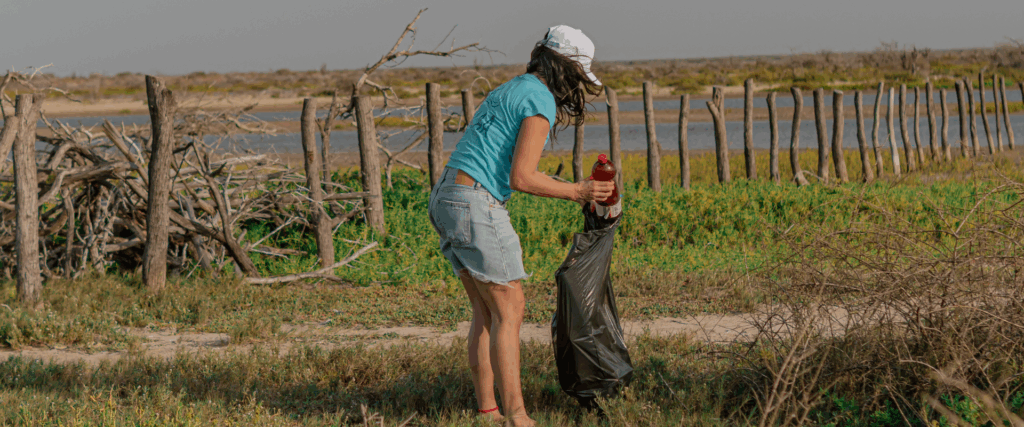
Nuestros Tres Pilares
Comprometidos con un turismo que impacta positivamente en el entorno y en las personas, en Palaa promovemos una forma de hospedaje que respeta, conserva y transforma.
Es por eso que trabajamos bajo tres principios fundamentales: la responsabilidad medioambiental, que nos impulsa a reducir nuestra huella ecológica y a proteger los recursos naturales; la conservación de la naturaleza y la cultura, honrando biodiversidad del territorio y las tradiciones ancestrales del pueblo wayuu; y la potenciación de la comunidad, a través del apoyo constante a iniciativas locales y oportunidades que mejoran la calidad de vida de quienes habitan esta tierra.
Desarrollo Cultural
En Palaa creemos en el intercambio autentico , más allá del descanso, buscamos que cada experiencia conecte a nuestros visitantes con la esencia del territorio.
A través de actividades artísticas, encuentros con saberes ancestrales y espacios de aprendizajes mutuo, promovemos un diálogo cultural respetuoso que enriquece a todos.
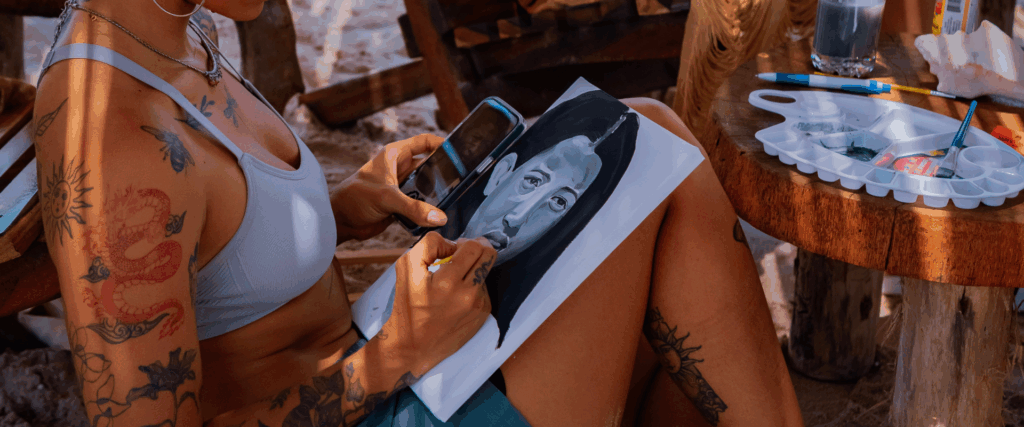
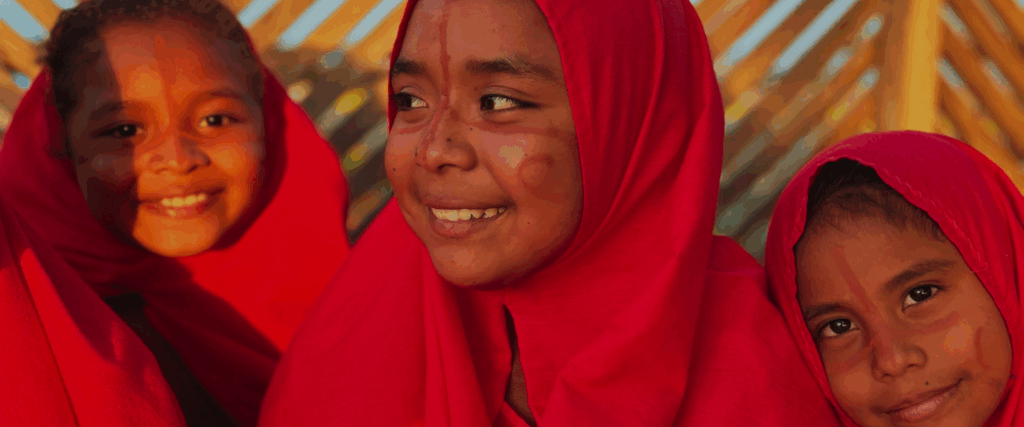
Impacto Real
En Palaa no solo reciclamos: transformamos acciones en alimento. Trabajamos de la mano con la Fundación Alimercambio, quienes recogen los materiales reutilizables que se clasifican durante nuestras jornadas de limpiezas de playas y en las actividades de operación del ecolodge, como parte de una gestión consciente y comprometida.
Estos elementos se convierten en puntos que luego se transforman en alimentos entregados a comunidades wayuu cercanas. Así, el turismo consciente genera un impacto positivo directo en el territorio que habitamos y cuidamos.
Tierra que Inspira Vida
Aquí cada decisión nace del respeto profundo por la naturaleza. Nos guiamos por los principios de la permacultura: el cuidado de la tierra, el bienestar de las personas y la repartición justa.
En este territorio lleno de sabiduría ancestral y belleza natural, aprendemos de los ciclos de la vida para construir una experiencia verdaderamente sostenible, donde la cultura y el entorno se entrelazan con propósito.
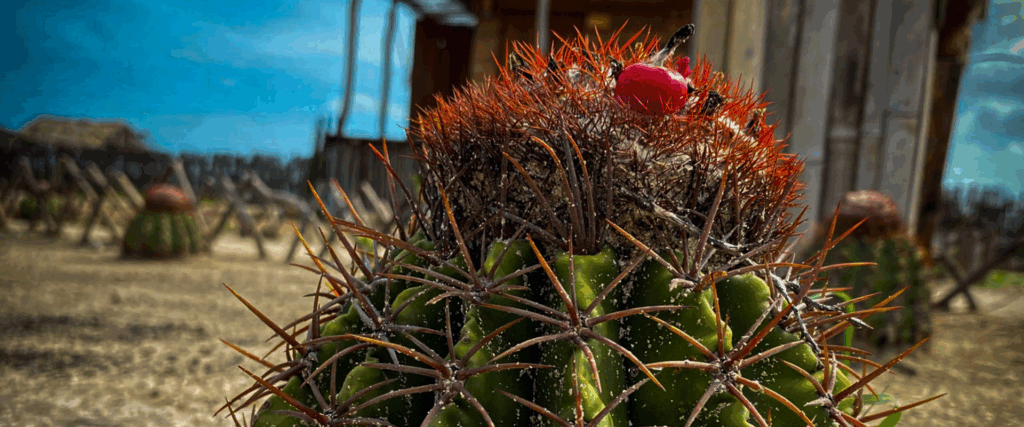
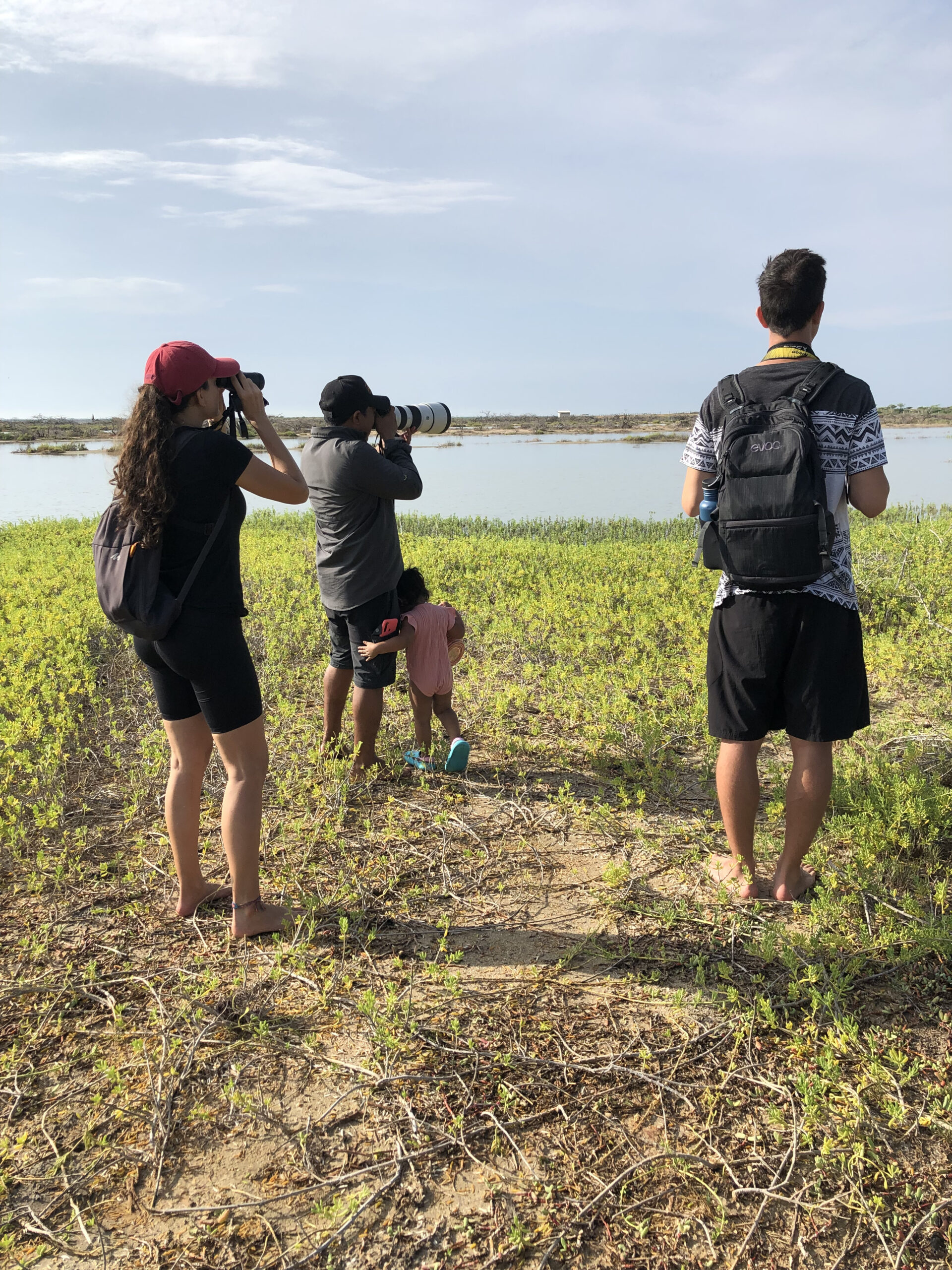
Inspiración Ecológica
Aquí cada decisión nace del respeto profundo por la naturaleza. Nos guiamos por los principios de la permacultura: el cuidado de la tierra, el bienestar de las personas y la repartición justa.
En este territorio lleno de sabiduría ancestral y belleza natural, aprendemos de los ciclos de la vida para construir una experiencia verdaderamente sostenible, donde la cultura y el entorno se entrelazan con propósito. En nuestro hotel ecológico trabajamos para reducir el impacto ambiental mediante el uso de energías renovables y tecnología limpia. Nuestra estrategia se basa en cinco pilares fundamentales: Replantear, Reducir, Reutilizar, Reciclar y Respetar.
Estos principios nos permiten equilibrar lo ambiental, social y económico, fomentar el uso responsable de recursos, transformar residuos en nuevos materiales, y proteger el ecosistema que nos rodea.
